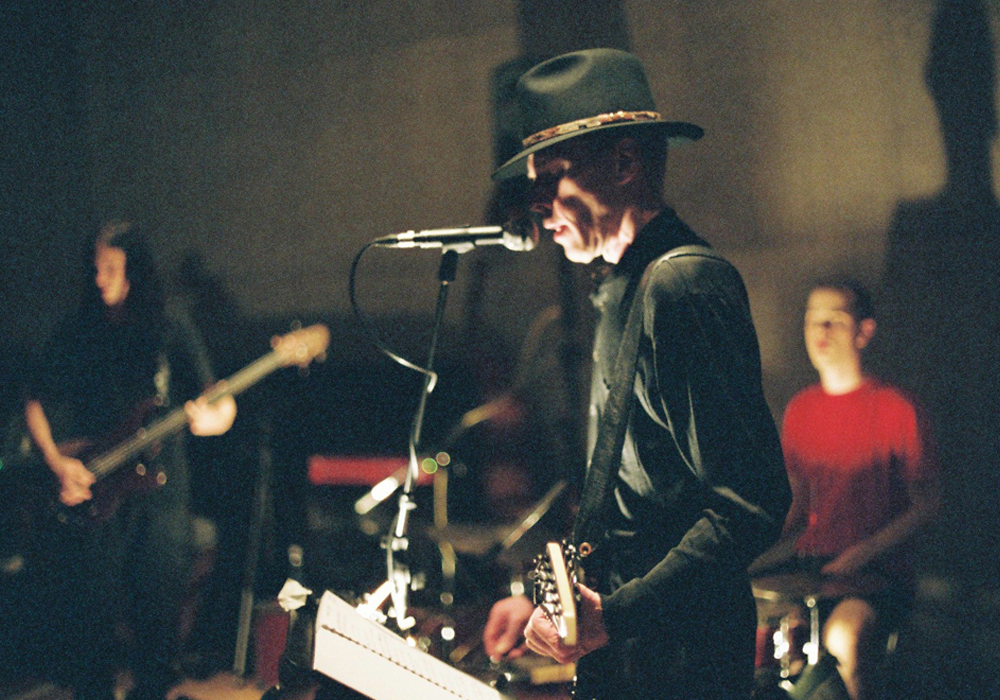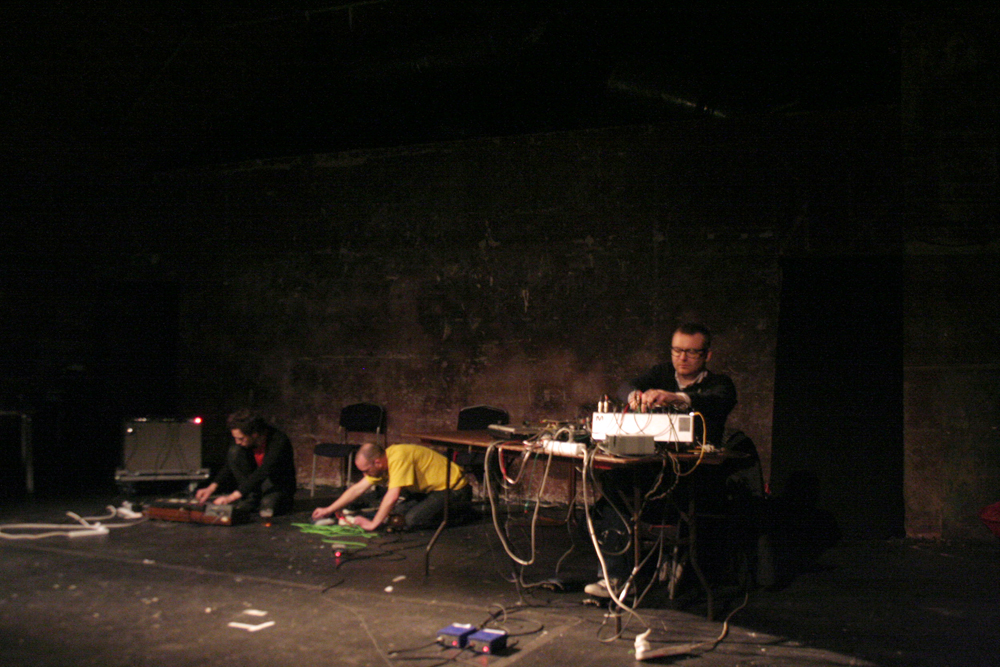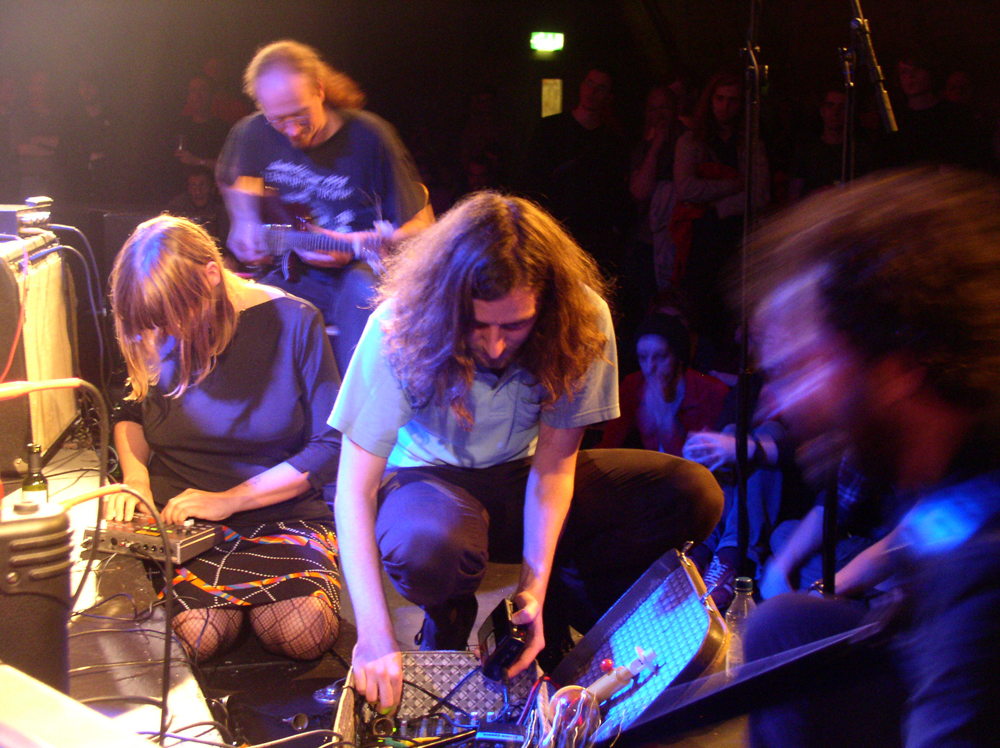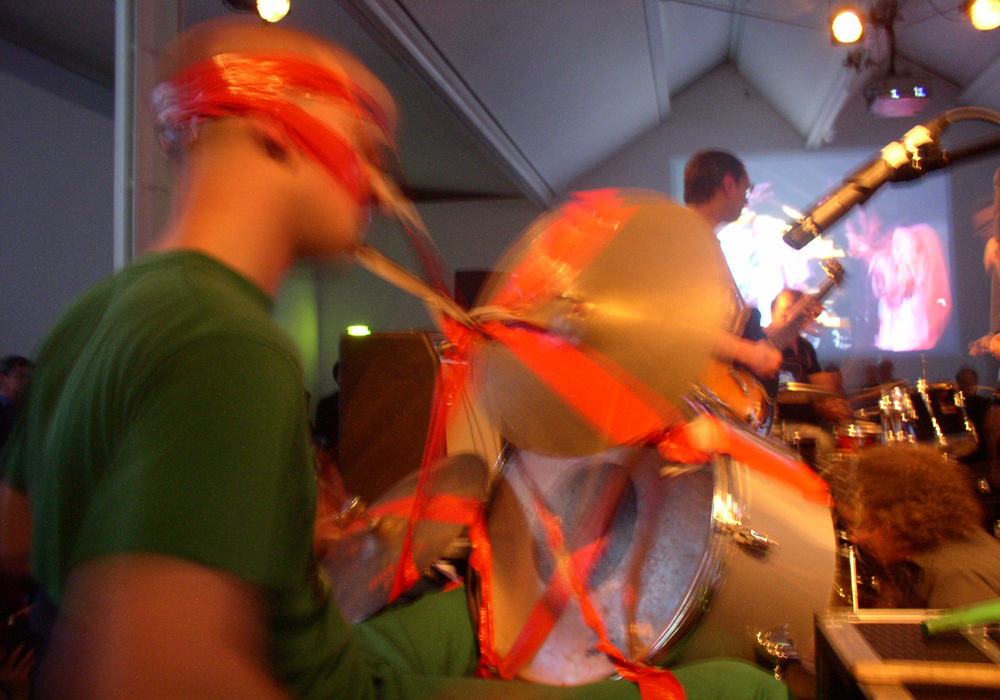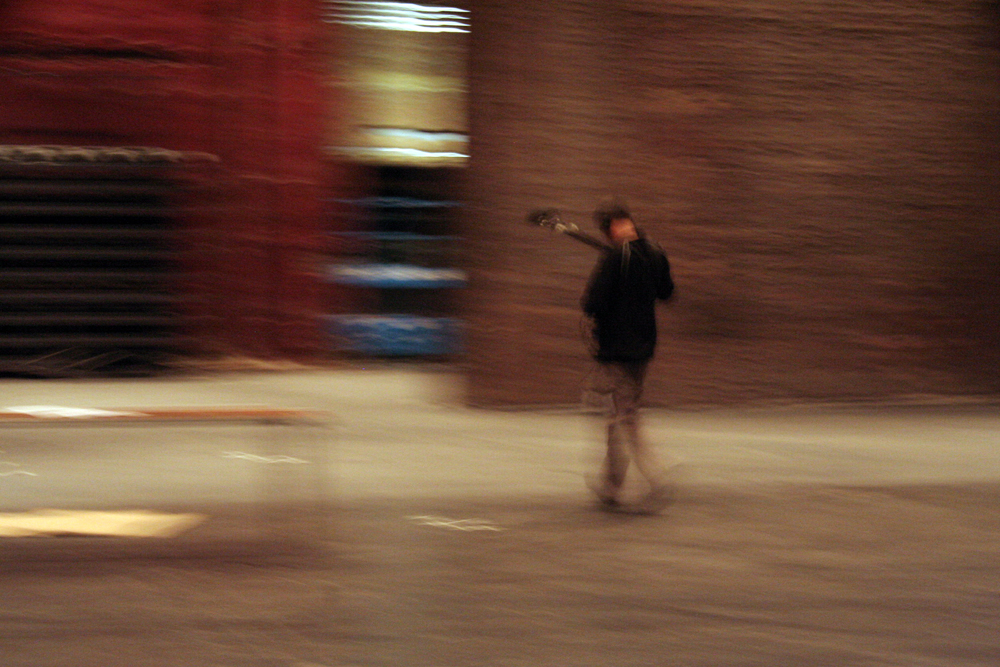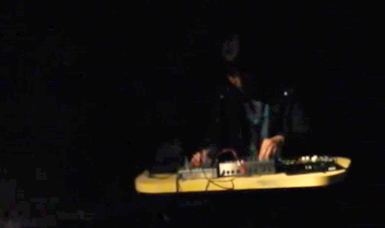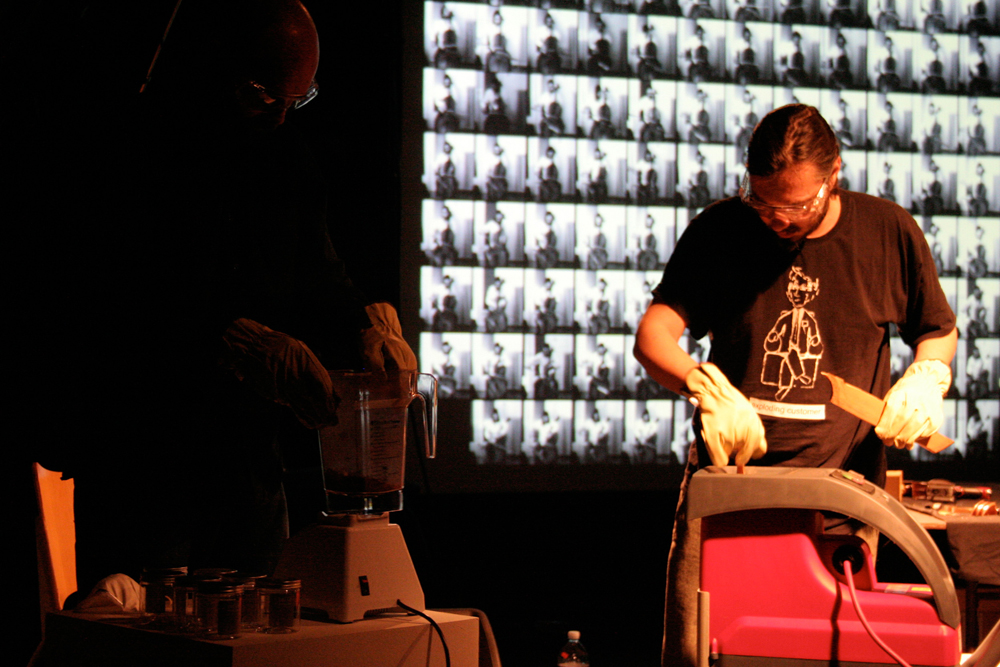
World Music Documentary
Eva-Maria Houben Fritz Welch Hermann Nitsch Jean-Luc Guionnet Jean-Philippe Gross Jerome Noetinger Joan La Barbara Klaus Filip Michael Pisaro Mico Nikos Veliotis Otomo Yoshihide Phil Minton Radu Malfatti Rhodri Davies Sachiko M Sean Meehan Seymour Wright Steve McCaffery Taku Unami Tamio Shiraishi Tetsuo Kogawa Toshimaru Nakamura
Greek TV company Onos Productions came to INSTAL 09 to document the festival and report on Nikos Veliotis’ Cello Powder performance.



